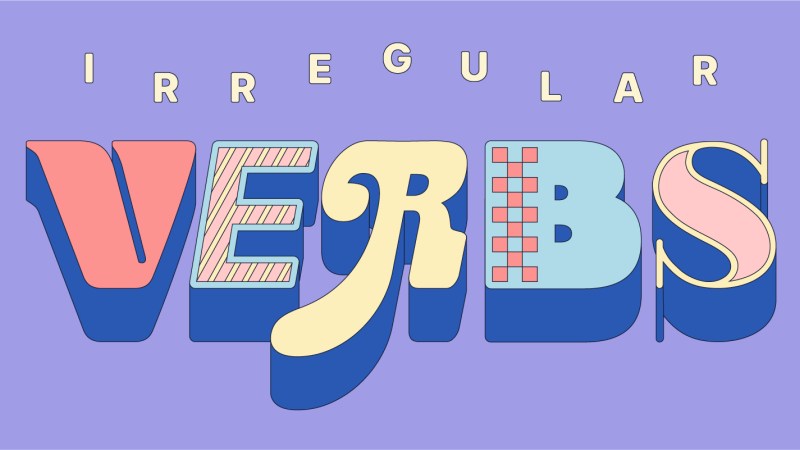
I wish/If only 的用法
I wish I did
可以用 “wish + 一般过去时”来表达我们希望在现在或未来能够变得不一样的事情(但是不太可能或不可能达成)
I wish things were how they used to be. 我希望事情像过去那样。
We wish we had enough money to help you. 我们希望我们有足够的钱来帮助你。
I wish I could be there for you tomorrow. 我希望我明天能在你身边。
I wish I had done
可以用“wish + 过去分词”来表达我们后悔某件在过去发生的事(我们希望他们可以变得不一样)
I wish we hadn’t eaten all that food. 我希望我们没有吃掉所有的食物。
I wish I hadn’t quit my job two years ago. 我希望我两年前没有辞职。
I wish you would do
可以用“wish + 人/事物 + would + 不定式”来表达我们希望某个让我们感到厌烦的情况可以改变或停止。
I wish you would stop calling me in the middle of the night. You’re bothering me. 我希望你不要在半夜给我打电话。你在打扰我。
I wish it would stop snowing. It’s just too cold. 我希望它会停止下雪。太冷了。
不能用这个句型来表达关于自己的愿望 (不能用 I wish I would)
if only
可以用 if only 来代替 I wish 并有相同的意思。唯一的差别是 if only 有强调的意味。
If only you would try your best in things. Your life will not be like this. 如果你愿意在事情上尽力而为。你的生活不会是这样的。
If only you had followed my advice. 如果你听从了我的建议就好了。
If only I was/were a bit taller! 要是我再高一点就好了
要注意当在 I wish/if only 之后加上 I/he/she 时,be动词 可以用 were 代替 was。
would rather/would sooner 的用法
would rather (than)/would sooner (than)
“would rather/would sooner + 不定式”可以表达偏好。在肯定句中后面可以加上 than,而在疑问句中可以加上or。
I’d rather/sooner have tea, please. 我宁愿喝茶,拜托。
I’d rather/sooner have tea than coffee. 我宁愿喝茶而不是咖啡。
Would you rather/sooner have IOS or Android? 你宁愿拥有IOS还是Android?
would rather/would sooner + 主语 + 一般过去时
当我们在 would rather 或 would sooner 之后使用不同主语时,可以用一般过去时来指现在或未来。
She’d rather/sooner I picked her up after lunch. 她宁愿我在午饭后接她。
Would you rather/sooner we spent by shopping or playing? 你宁愿我们购物还是玩?
We’d rather/sooner she was/were with us now.* 我们宁愿她现在和我们在一起。
要注意当在 would rather 或 would sooner 之后加上 I/he/she时,be动词 可以用 were 代替 was。
would rather/would sooner + 主语 + 过去完成式
当我们在 would rather或 would sooner 之后使用不同主语时,可以用过去完成时来指过去。
I’d rather/sooner you hadn’t spoken to her like that. 我宁愿你没有那样和她说话。
I’d rather/sooner you had called me before. 我宁愿你之前就打电话给我。
it’s time 的用法
it’s (high) time + 主语 + 一般过去时
可以用 “it’s time / it’s high time + 主语 + 一般过去时”来说明某件事应该在现在或未来被完成。
It’s time you looked for your missing sister. 是时候去找你失踪的妹妹了。
You should know it’s high time you moved on from your ex-boyfriend. 你应该知道是时候离开你的前男友了。
也可以用“ it’s time + to 不定式”或 “it’s time for someone + to 不定式”。
It’s time for you to look for your missing sister. 是时候寻找失踪的妹妹了。
It’s time to move on from your ex-boyfriend. 是时候离开你的前男友了。
其他表达方式
suppose/supposing/imagine/what if 的用法
Suppose, supposing, imagine, and what if 可以像 if 一样在条件句中使用。之后在真实情况(第一条件句)要为现在式,在非真实情况(第二和第三条件句)中要为一般过去时或过去完成式时。
Imagine you meet him in the street, what are you going to tell him? (=第一条件句: If you meet him in the street, what are you going to tell him?) 想像一下你在街上遇到他,你要告诉他什么?
What if you found a suitcase full of money. What would you do? (=第二条件句: If you found a suitcase full of money, what would you do?) 如果你发现一个装满钱的手提箱怎么办。你会怎么做?
Supposing he hadn’t proposed yesterday, you would have looked for another man. (=第三条件句: If he hadn’t proposed yesterday, you would have looked for another man.) 如果他昨天没有求婚,你就会去找别的男人。
过去式的非真实条件句 – 练习题



Comments